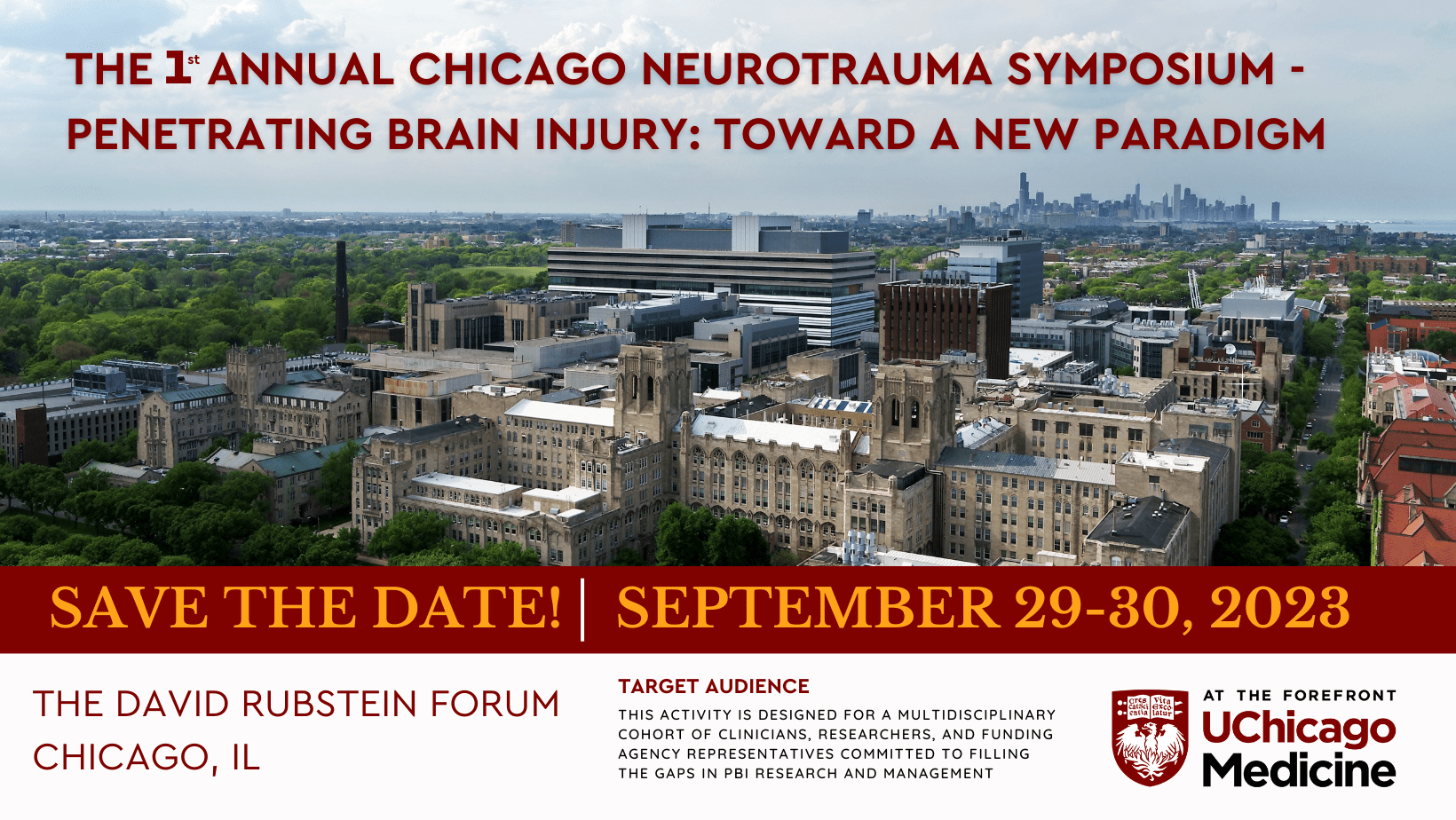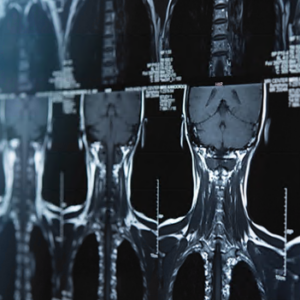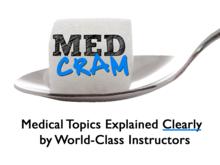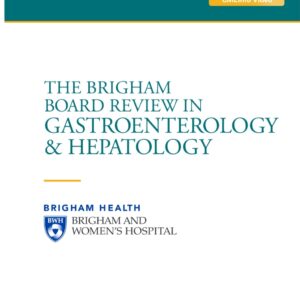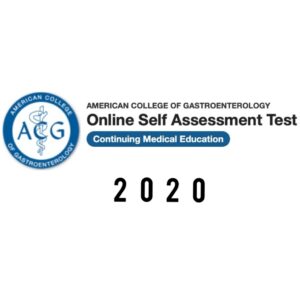Include: 24 videos + 1 pdf, size: 8.85 GB
Information:
Activity start: 06/30/2023
This symposium introduces a new paradigm to the multidisciplinary clinical approach, paving the way for innovation in patient care. By collaborating on high-yield clinical questions, we aim to make groundbreaking discoveries that will advance the field of brain trauma. Let’s work together to improve the lives of patients with brain injuries.
Target Audience
This activity is designed for a multidisciplinary cohort of clinicians, clinical research methodologists, and funding agency representatives committed to filling the gaps in firearm-inflicted brain injury (FIBI) management.
Learning Objectives
After this activity, participants will be able to:
- Identify knowledge gaps and areas for further research through a comprehensive review of the current clinical literature on FIBI;
- Describe the multidisciplinary approach required for the acute resuscitation of individuals affected by FIBI;
- Discuss the most effective research approaches for studying FIBI;
- Compare effectiveness studies versus randomized controlled trials for FIBI treatment;
- Determine high-yield clinical questions that require further investigation that can create research consortiums to address them;
- Evaluate the available acute neurosurgical and neurocritical care options to optimize neurological outcomes for FIBI patients.
+ Topics:
KEYNOTE ADDRESS NINDS Research Priorities.mp4
OPENING SESSION Benefits of Research in PBI.mp4
OPENING SESSION The epidemic of gun violence nationwide and in the Southside of Chicago.mp4
OPENING SESSION The UChicago Experience with PBI.mp4
SESSION 1- Civilian Penetrating Brain Injury Guidelines Overview of the Upcoming PBI Guidelines Alex Valadka.mp4
SESSION 1- Civilian Penetrating Brain Injury Guidelines Overview of the Upcoming PBI Guidelines Deborah Stein.mp4
SESSION 1- Civilian Penetrating Brain Injury Guidelines Overview of the Upcoming PBI Guidelines Gregory Hawryluk.mp4
SESSION 2- Acute Management of PBI Part 1 ICP Monitoring Management in PBI.mp4
SESSION 2- Acute Management of PBI Part 1 Neurosurgical Management of PBI.mp4
SESSION 2- Acute Management of PBI Part 1 Trauma Surgery Perspectives.mp4
SESSION 3- Acute Management of PBI Part 2 Late complications in patients with PBI.mp4
SESSION 3- Acute Management of PBI Part 2 PBI and Cerebrovascular Injuries Endovascular.mp4
SESSION 3- Acute Management of PBI Part 2 Predicting and Managing Acute Complications from PBI in the ICU.mp4
SESSION 4- Military Considerations for PBI Management of TBI in the Deployed Environment- Joint Trauma System Considerations.mp4
SESSION 4- Military Considerations for PBI Neurosurgical Management of PBI in the Field.mp4
SESSION 5- PBI Research (Imaging and pre-clinical) Neuroprotection Strategies for Severe Penetrating Traumatic Brain Injury- Past, Present, and Future.mp4
SESSION 5- PBI Research (Imaging and pre-clinical) Research funding opportunities & resources for Preclinical research at NINDS.mp4
SESSION 5- PBI Research (Imaging and pre-clinical) Science of Penetrating Traumatic Brain Injury.mp4
SESSION 5- PBI Research (Imaging and pre-clinical) The future of computational image-based analysis for PBI.mp4
SESSION 6- TBI Research Models for Expanding Knowledge in PBI Addressing Future Gaps in TBI pTBI research- The Military Traumatic Brain Injury Initiative at USU.mp4
SESSION 6- TBI Research Models for Expanding Knowledge in PBI Lessons from Randomized Clinical Trials.mp4
SESSION 6- TBI Research Models for Expanding Knowledge in PBI Lessons from TRACK-TBI.mp4
SESSION 6- TBI Research Models for Expanding Knowledge in PBI The U.S. Army Medical Research and Material Command’s Combat Casualty Research Program’s commitment to TBI.mp4
SESSION 7- Panel Discussion.mp4
Symposium Brochure_0.pdf

